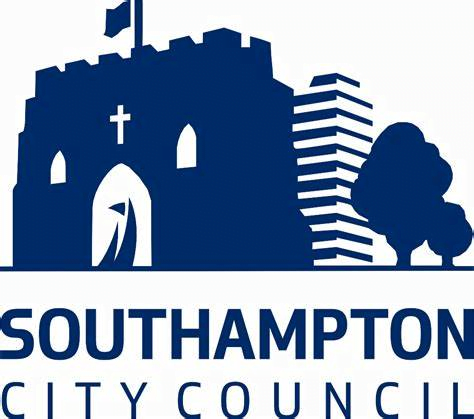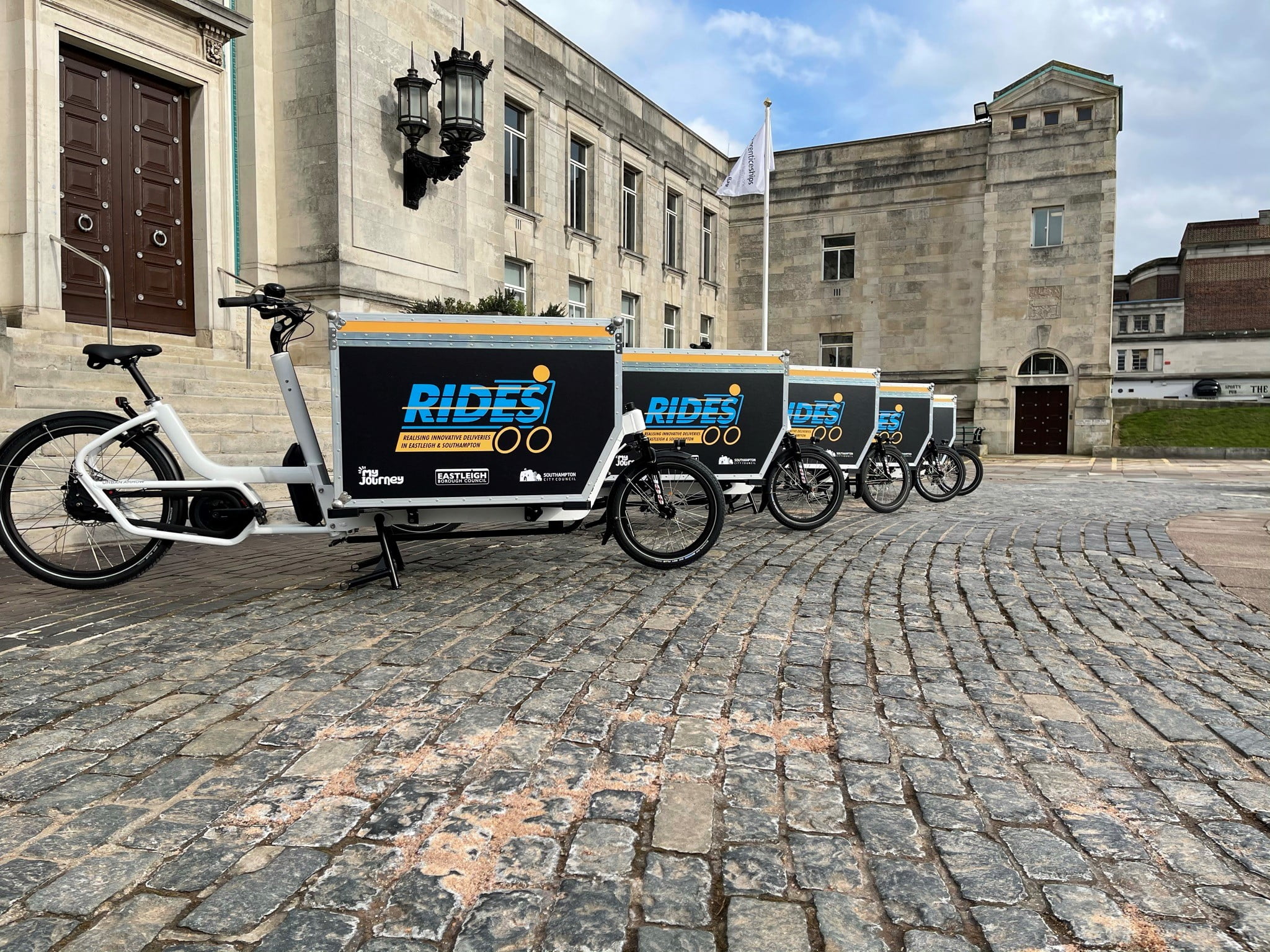Southampton City Council previously used electric cargo (ecargo) bikes to deliver large amounts of kit to events at schools, local communities and workplaces.
When Southampton City Council and Eastleigh Borough Council found out about the eCargo Bike Grant Fund they applied in the hope that businesses and organisations within the local authority areas could experience the benefits of using ecargo bikes.
The ecargo bikes were loaned out to a wide range of organisations in and around Southampton and Eastleigh. These ranged from sustainable transport teams and estates teams to parks and outdoor education teams to small businesses making deliveries. In addition to helping these organisations with their everyday transport operations, the councils aimed to improve air quality in the area by making the switch from using cars or vans.

